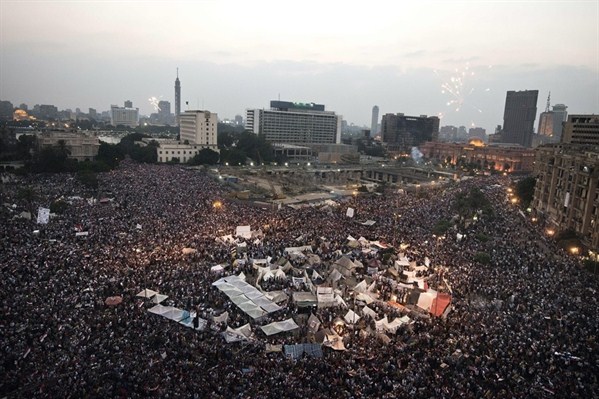Once set aside as artifacts of history, scholars and policymakers have vigorously returned their attention to coups d’état. This shift is clearly warranted, as recent coups in places like Honduras, Egypt and Thailand have broad ramifications for trade relationships, security and the growth of democracy. Unfortunately, we are largely playing catch-up in a fast-paced game. We know a fair amount about what causes coups—weak economies, illegitimate governance, past histories of coups, domestic protests—but far less about what transpires after a coup comes about. Following the end of the Cold War, the conventional wisdom that coups are bad for democracy ushered in a flurry of policies by nations like the United States and international organizations like the Organization of American States (OAS) and the African Union (AU) meant to dissuade and condemn coups.
These policies worked like clockwork when the Honduran military overthrew the democratically elected government of President Manuel Zelaya in 2009, but perhaps seem outdated and even naive when responding to the coups that ousted Egypt’s Hosni Mubarak in 2011 or Burkina Faso’s Blaise Compaore earlier this year. Rules were largely followed in dealing with Honduras, but conveniently ignored in the latter cases.
The mismatch between policies and actions in responding to these recent events illustrates a broader puzzle when it comes to coups: Might some coups actually be good for democracy? Would we have seen elections in Egypt, for example, had the military followed Mubarak’s orders and crushed the protesters in Tahrir Square? Likely not. Had the military not overthrown Compaore and Zelaya just as their democratic backsliding hit full steam, would we now be dealing with staunchly authoritarian rulers in Burkina Faso and Honduras? Maybe. And if we indeed can differentiate between “good” and “bad” coups, how can this be done, and how should policies be altered to sustain fledgling democracies and push the growth of new democracies? These are the questions this article will address.

